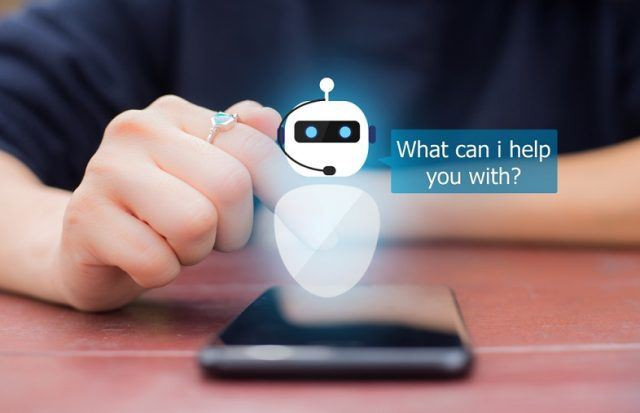The Rise of AI-Powered Smartphones: A Technological Revolution or a Cause for Concern?
The year 2024 may be remembered as the year artificial intelligence (AI) truly took over smartphones. While AI has been present in phones for a long time, helping with tasks like auto-completing sentences, the new wave of generative AI brings the ability to create text and images, transforming the user experience. Samsung kicked off the trend with its new Galaxy model, showcasing a plethora of AI innovations. Google followed suit with the release of its Pixel 9 smartphone, integrating Gemini, its AI system, capable of natural language conversation.
A Glimpse into the Future: The Pixel 9 and its AI Capabilities
The Pixel 9 offers a range of features powered by Gemini, including enhanced photo editing tools and a conversational AI experience. Users can engage in natural, articulate conversations with Gemini, asking questions and receiving detailed answers. The photo editing tools, though impressive, require discernment between features that provide a "wow" factor but are infrequently used, and those that are simple yet effective, such as the improved zoom function. This function seamlessly enhances photo details, demonstrating the potential of AI-driven technology.
Striking a Balance: Innovation and Responsibility
Google emphasizes the importance of making AI accessible and user-friendly, prioritizing a natural and simple user experience. However, the company also stresses the need for responsible AI development, acknowledging the potential risks associated with generative AI. To mitigate these risks, the Pixel 9 incorporates safeguards to prevent misuse. For example, users are unable to create images of fires by adding flames to windows or to force smiles on individuals with neutral expressions.
Challenges and Limitations
While AI-powered smartphones offer exciting potential, some challenges remain. The price tag for these devices, starting at a minimum of €900, might be a barrier for some. Furthermore, some AI functions, such as AI-generated weather summaries and Gemini Live, are not yet available in French, highlighting the need for broader language support.
The Battle of the AI Smartphones
This battle of AI-powered phones is just beginning. Apple will soon join the fray with its iPhone 16, which promises to be a game-changer. However, similar to its competitors, the iPhone 16 will likely face limitations, with some AI features unavailable at launch due to geographical constraints.
Public Reactions: Excitement and Concerns Arise
In Santa Cruz, California, individuals have been testing the Pixel 9, revealing mixed reactions. While some appreciate the rapid response times and intuitive AI assistance, others express concerns about potential misuse. Gail Pellerin, a California Assemblywoman, highlights the need for regulations and safeguards to prevent AI from being used for malicious purposes, such as spreading disinformation.
Navigating the Uncharted Waters of Generative AI
Popularized by ChatGPT in late 2022, generative AI has the ability to produce high-quality content, including text, images, and videos, simply by using natural language prompts. Companies like Google, Microsoft, and Meta are integrating AI tools into their software and platforms, aiming to create AI assistants that can draft messages, answer questions, and perform a multitude of other tasks.
The Future of AI in Smartphones: A Vision of Convenience or a Cause for Caution?
While AI-powered smartphones offer a plethora of potential benefits, some experts remain skeptical. Leilani Gilpin, a computer science professor, questions the necessity of integrating AI into everyday devices, highlighting the propensity of AI to "hallucinate." This refers to the tendency of AI to invent facts when it lacks the correct answer, a potential source of misinformation.
A Balancing Act: The Need for Transparency and Control
Individuals like Igor Gaspar, who enjoys using AI features like the Pixel 9's "Add Me" function, are wary of the potential for AI to become too sophisticated and potentially uncontrollable. He expresses concern that AI-infused iPhones could make him lose interest in Apple products unless he feels in control of the technology. This sentiment underscores the importance of transparency and user control in the development and deployment of AI in everyday life.
The Future is Here: Embrace the Change with Prudence
As the world embraces AI, it's crucial to navigate this technological revolution with prudence and caution. While the potential of AI-powered smartphones is undeniable, it's equally important to ensure ethical and responsible development and deployment. By fostering open dialogue, prioritizing safety and transparency, and embracing a balanced approach, we can harness the power of AI while mitigating its potential risks. The future of technology lies in our collective hands, and it's up to us to ensure that AI empowers humanity, not the other way around.

















